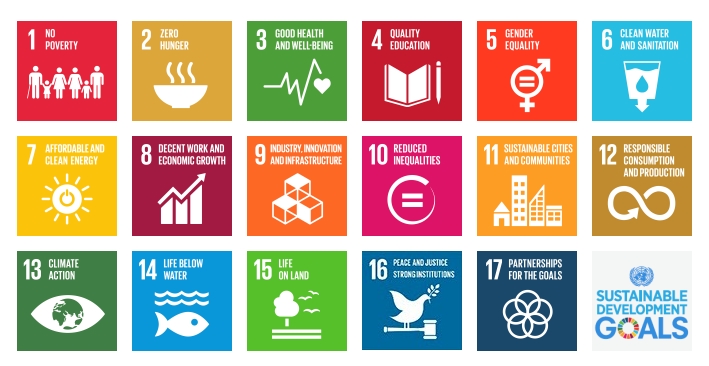No products in the cart.
Making Sustainability a Habit
Sustainability, our impact environmentally, socially, and economically, is essential to the healing process of our planet and society as we move forward in this 'era of recovery.' This is a time for us to embrace the critical responsibility we have to prioritize the healing of our global planetary and social problems, but also, to regain our footing as we live with the endemic of Covid. It is time for all of us, as global citizens, to accept the fundamental belief that we have a responsibility to leave this world better than we found it.
Sustainability, our impact environmentally, socially, and economically, is essential to the healing process of our planet and society as we move forward in this ‘era of recovery.’ This is a time for us to embrace the critical responsibility we have to prioritize the healing of our global planetary and social problems, but also, to regain our footing as we live with the endemic of Covid. It is











